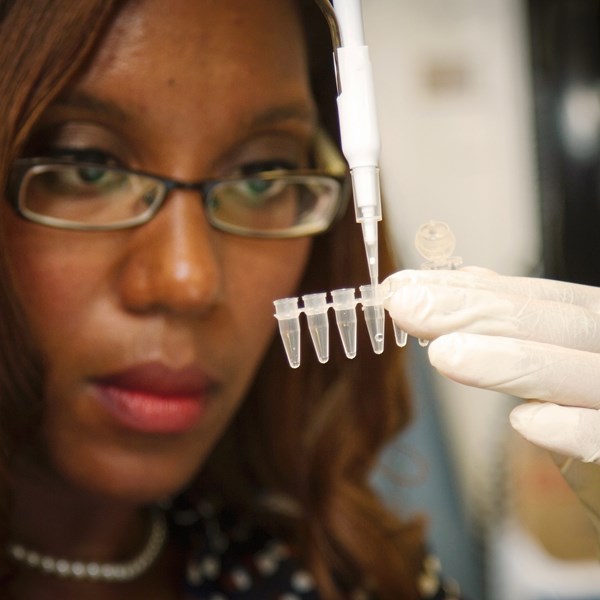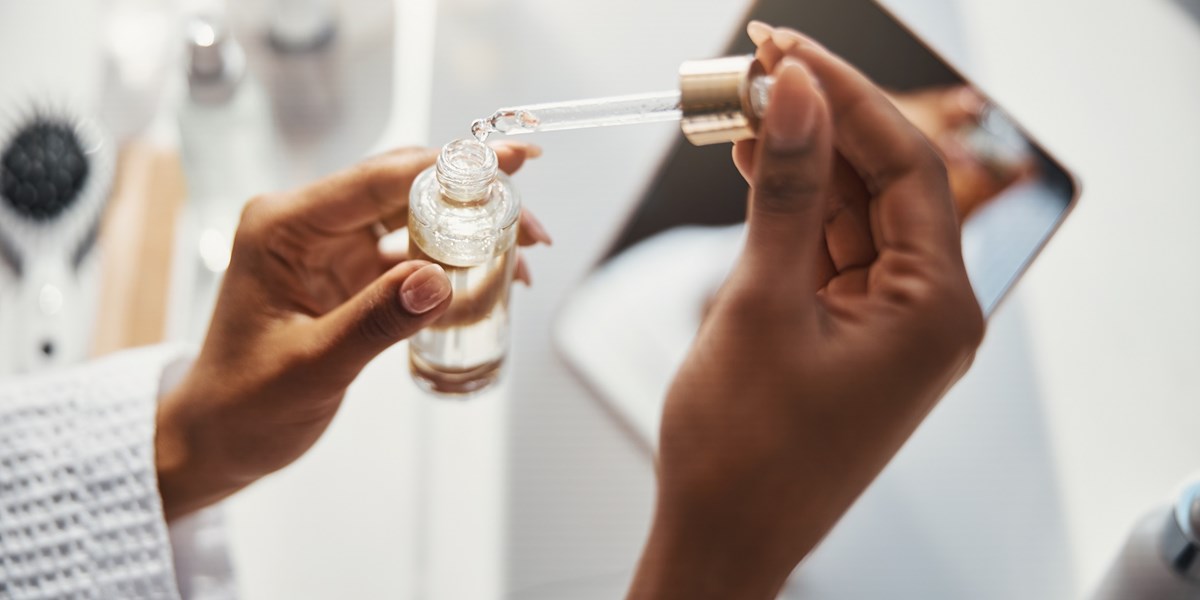An important ruling on the validity of antibody patents in the US has just been handed down by the US Court of Appeals for the Federal Circuit in Amgen v Sanofi and Regeneron.
Amgen’s antibody patents covering the cholesterol medication Repatha were found to be invalid for lack of enablement in a lawsuit involving Sanofi and Regeneron.
The specificity of an antibody for binding to an antigen is conferred by the protein sequence of regions of the antibody that vary between one antibody and another. However, the relationship between an antibody’s protein sequences and its binding properties is currently unpredictable. Amgen’s patent claims defined antibodies in terms of their function in binding to an enzyme involved in cholesterol regulation, and in blocking the interaction of that enzyme with its receptor, rather than by reference to the antibody protein sequences. Thus, in principle, the claims covered a genus of antibodies, a claim scope vastly broader than the specific antibodies disclosed in the patents.
The issue before the court was whether the patent claims met the statutory requirement to “enable any person skilled in the art…to make and use” the patented invention in relation to the full claim scope. The court found essentially that undue experimentation would have been required to identify antibodies satisfying the functional requirements and noted in general that functional claim limitations “pose high hurdles in fulfilling the enablement requirement for claims with broad functional language”. Even one functional limitation (i.e. enzyme binding or blocking activity) would have been enough to render the claims non-enabled.
The decision erodes the enforceability of US patents that cover functionally defined antibodies, and the reasoning would apply to other biologic or chemical entities for which the structure-activity relationship is unpredictable. Furthermore, the US Supreme Court has declined to consider previous Federal Circuit decisions on enablement of genus claims, so it seems likely that the present decision will stand.
Interestingly, the corresponding European patent was granted with claims defining the antibodies by a combination of functional features and protein sequence features. The validity of the patent was considered by the European Patent Office in opposition and appeal proceedings late last year and a limited claim set was approved as allowable in Board of Appeal decision T845/19. The Federal Circuit ruling may bring the US into closer alignment with Europe on the allowable scope of antibody patents, although differences in approach remain.







